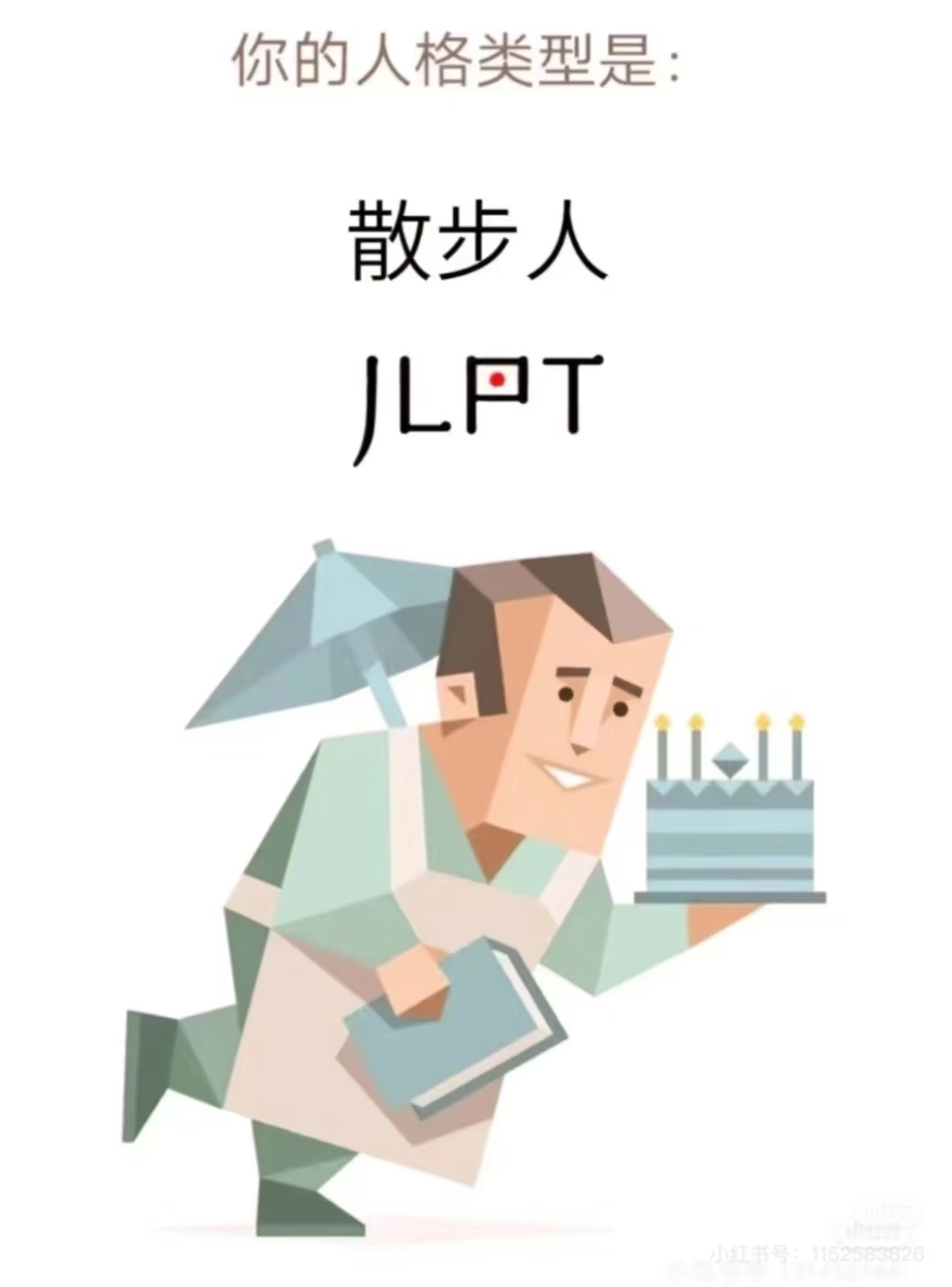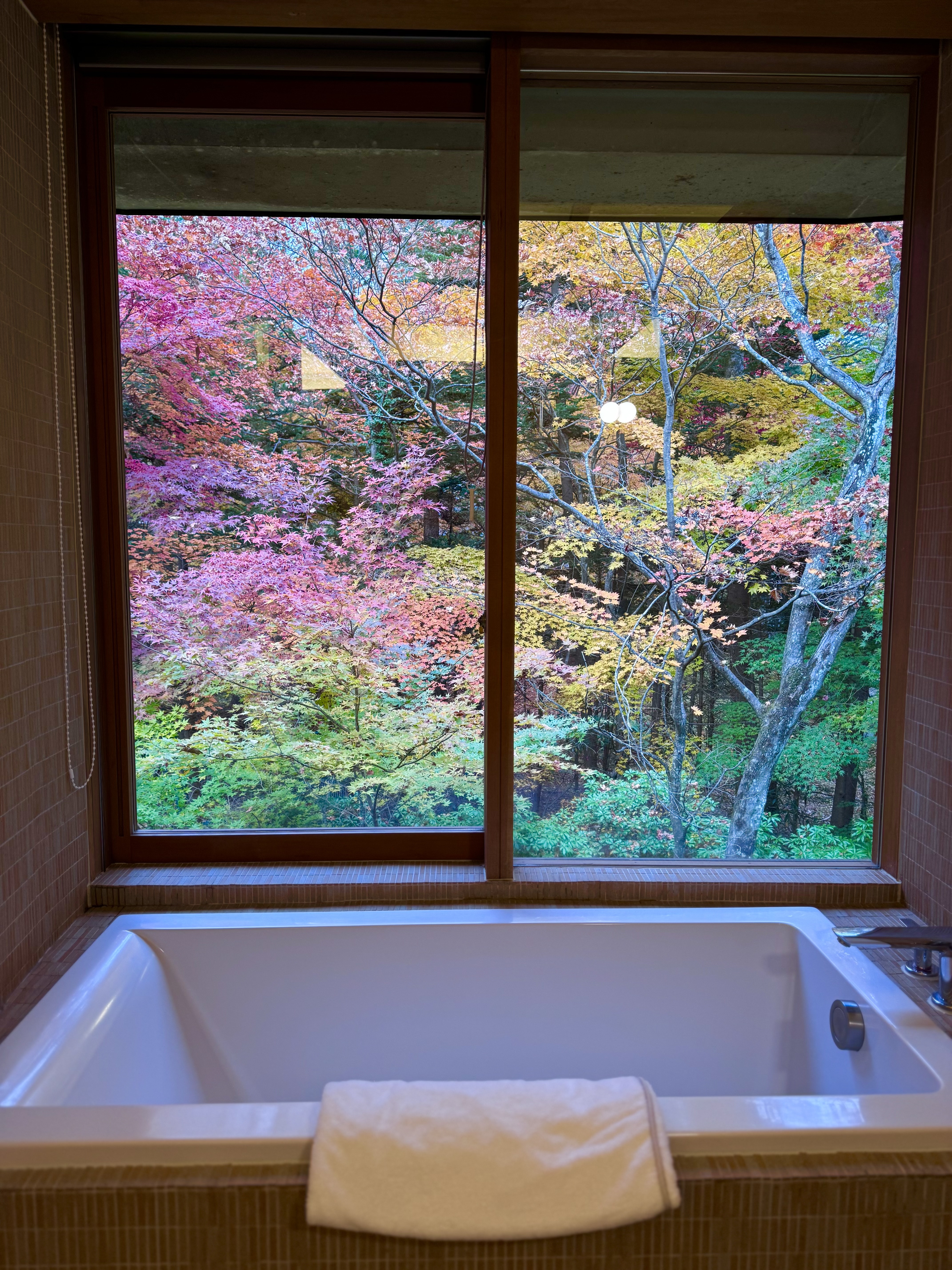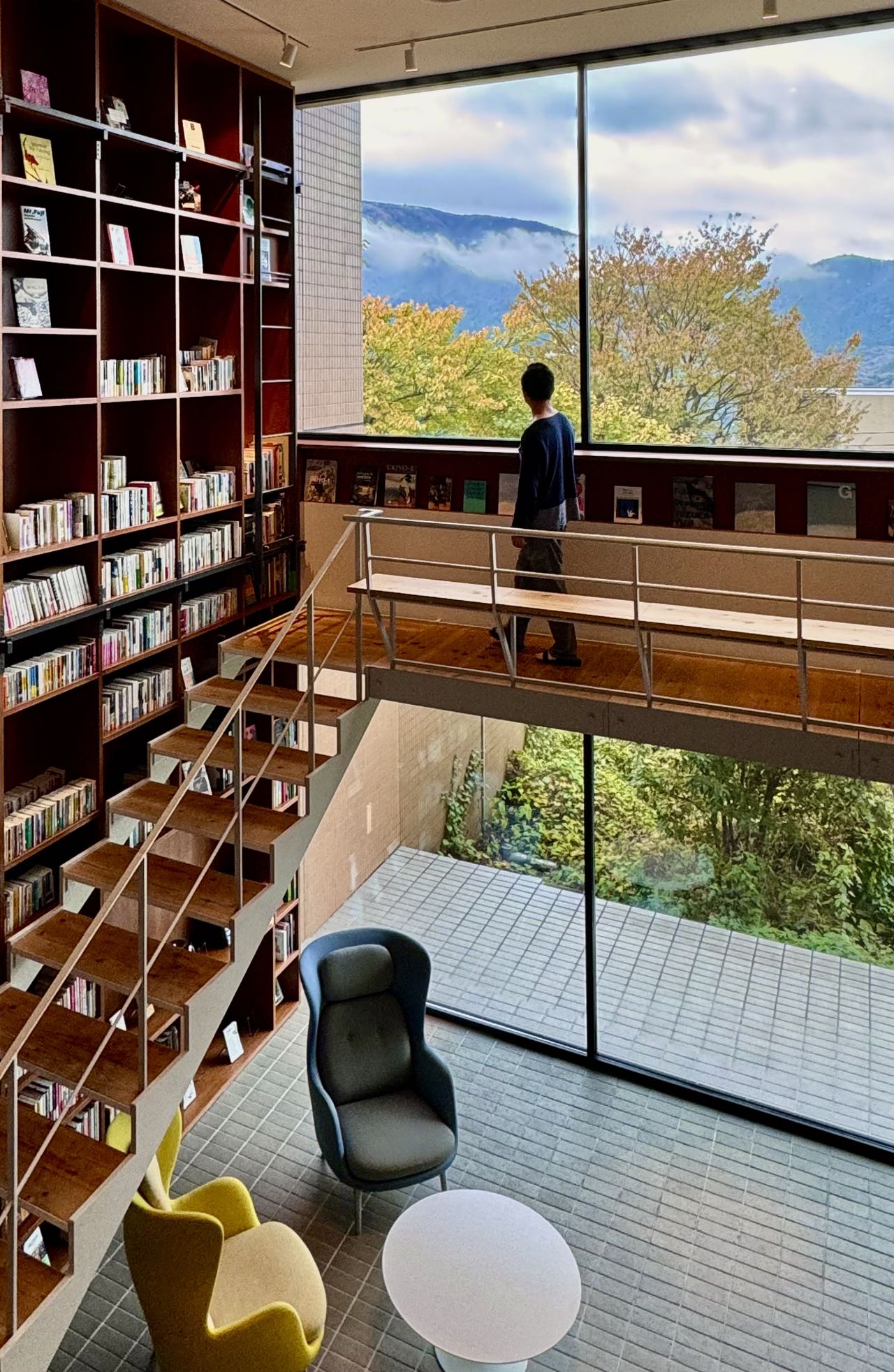
Deep Dive
Why did the speaker decide to take the Japanese N1 exam despite initial reluctance?
The speaker decided to take the N1 exam because they realized the N2 exam significantly improved their Japanese skills. They wanted to further enhance their vocabulary and grammar knowledge, especially since they live in Japan and use Japanese daily. Additionally, they found that N1-level vocabulary and expressions are essential for understanding deeper aspects of Japanese culture, economy, and thought.
What challenges did the speaker face while learning Japanese in their 30s and 40s?
Learning Japanese in their 30s and 40s was challenging due to the difficulty of memorizing new vocabulary. For example, it took the speaker over a year to remember the word 'Takarapuji' (lottery). They emphasized that consistent exposure and daily use of the language were crucial for retention, as the brain tends to discard unused information quickly.
What insights did the speaker gain about Japanese culture through the N1 exam?
Through the N1 exam, the speaker gained insights into the Japanese way of thinking, which they described as highly dialectical and contradictory. They noted that Japanese language and culture often involve ambiguity, double negatives, and multiple perspectives on a single issue. For example, they discussed an N1 reading passage that examined the evolution of societal rules in Japan, highlighting how rules originally meant to improve life have become rigid and detached from their original purpose.
What was the speaker's experience with the N1 exam venue and fellow test-takers?
The N1 exam was held in a large convention center in Yokohama, with N1 test-takers placed in smaller classrooms on the second floor. The speaker observed that most N1 candidates were Asian, with a significant number from Southeast Asia, such as Thailand, Vietnam, and Myanmar. They also noted a lone Westerner in their classroom, highlighting the difficulty of N1 for non-Kanji users.
What are the speaker's thoughts on cheating in the Japanese language exams?
The speaker acknowledged that cheating is theoretically possible due to time zone differences, as exams in China end before they begin in Japan and the U.S. However, they believe that most test-takers, especially in Japan and the West, view the exam as a way to measure their language proficiency rather than just obtaining a certificate. They emphasized that cheating undermines the purpose of learning the language.
What was the speaker's experience at the 大桥Trio concert?
The speaker attended a 大桥Trio concert and was impressed by the artist's versatility, as he played multiple instruments and incorporated jazz elements into his performance. They enjoyed the interactive segment where the artist used unconventional instruments for improvisation. The speaker also noted that the concert in Japan focused more on new songs and improvisation, unlike the artist's performances in China, which included more classic tracks.
What advice did the speaker give for planning trips during Japan's autumn foliage season?
The speaker advised planning trips closer to the peak foliage season, as global warming has delayed the timing of autumn colors in Japan. They recommended monitoring the foliage conditions in late October or early November to ensure the best experience. For example, during their trip to Hakone, the foliage was only 20-30% red, while in Karuizawa, they witnessed vibrant and stunning colors.
What was the speaker's impression of the SHISHI IWA HOTEL in Karuizawa?
The speaker stayed at the SHISHI IWA HOTEL in Karuizawa and praised its design, which included shared living spaces and large windows with views of colorful autumn foliage. However, they noted some criticisms, such as the lack of traditional toothpaste and the absence of eggs or meat in the breakfast. Despite these minor issues, they enjoyed the hotel's dinner, which featured locally sourced ingredients.
What unique features did the speaker highlight about the 箱根本箱 hotel in Hakone?
The 箱根本箱 hotel in Hakone was designed as a library, with a focus on reading and relaxation. It featured a curated collection of books in each room, and children under 12 were not allowed to ensure a quiet environment. The hotel's restaurant offered a fusion of Italian and Japanese cuisine, with dishes inspired by the Tokaido 53 Stations, a historical route from Tokyo to Kyoto. The speaker also noted the hotel's appeal to solo travelers, particularly women.
- 分享了备考N1的心路历程和考试体验
- 学习日语的目的是为了提升自身能力,而非仅仅为了获得证书
- 通过高强度的学习,词汇量和语法水平都得到了显著提升
- 在日本生活,学习到的知识可以运用到日常生活中
Shownotes Transcript
每个月初和大家聊聊我上个月的生活见闻。
十一月的内容包括:
日语N1考试

 箱根的温泉旅馆推荐——箱根本箱
箱根的温泉旅馆推荐——箱根本箱

